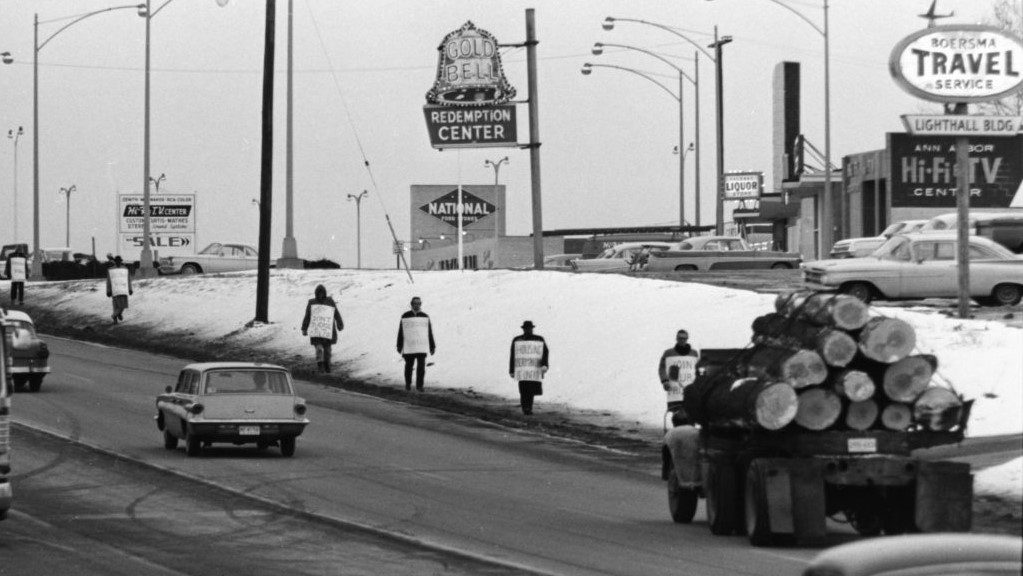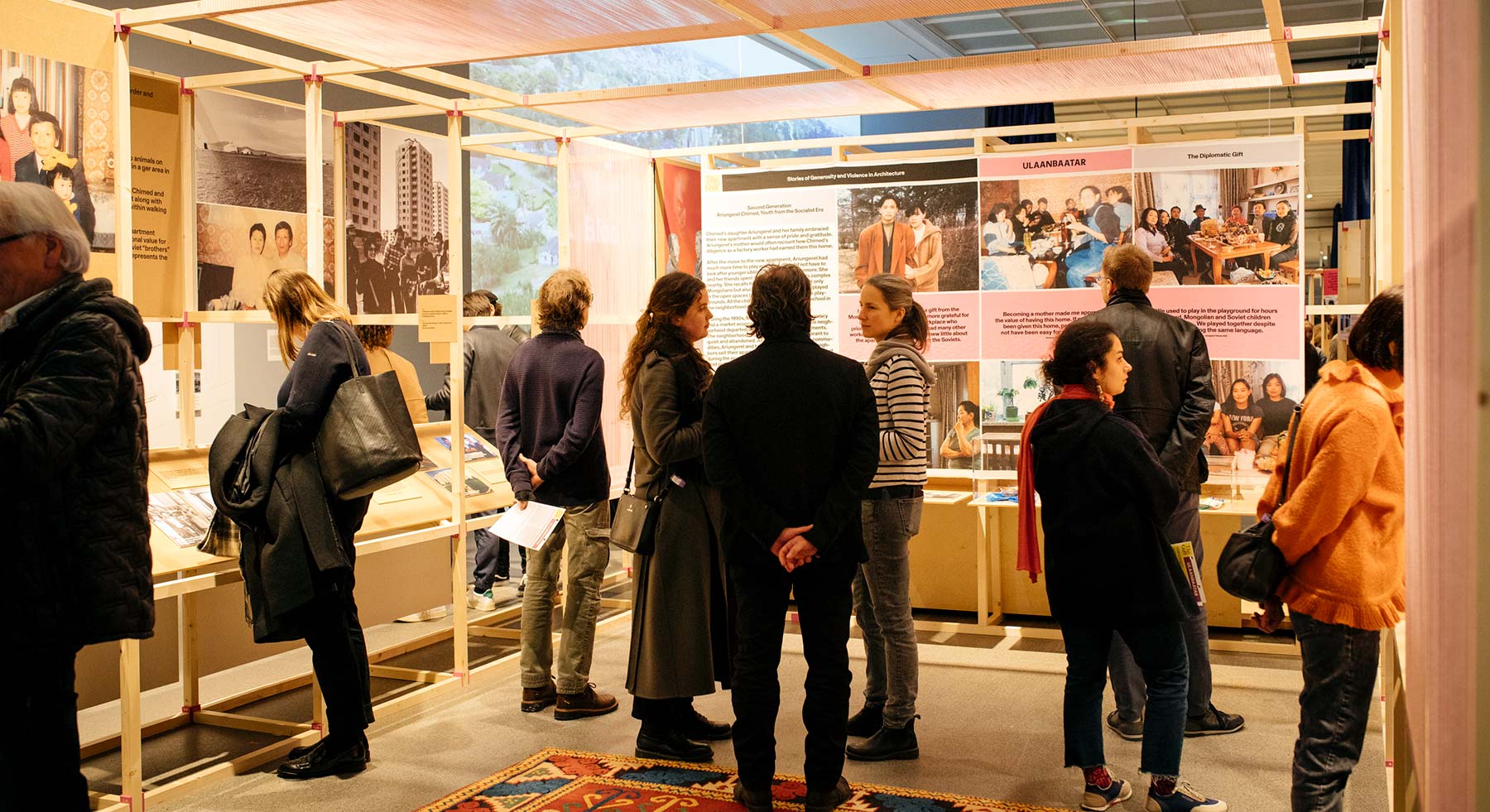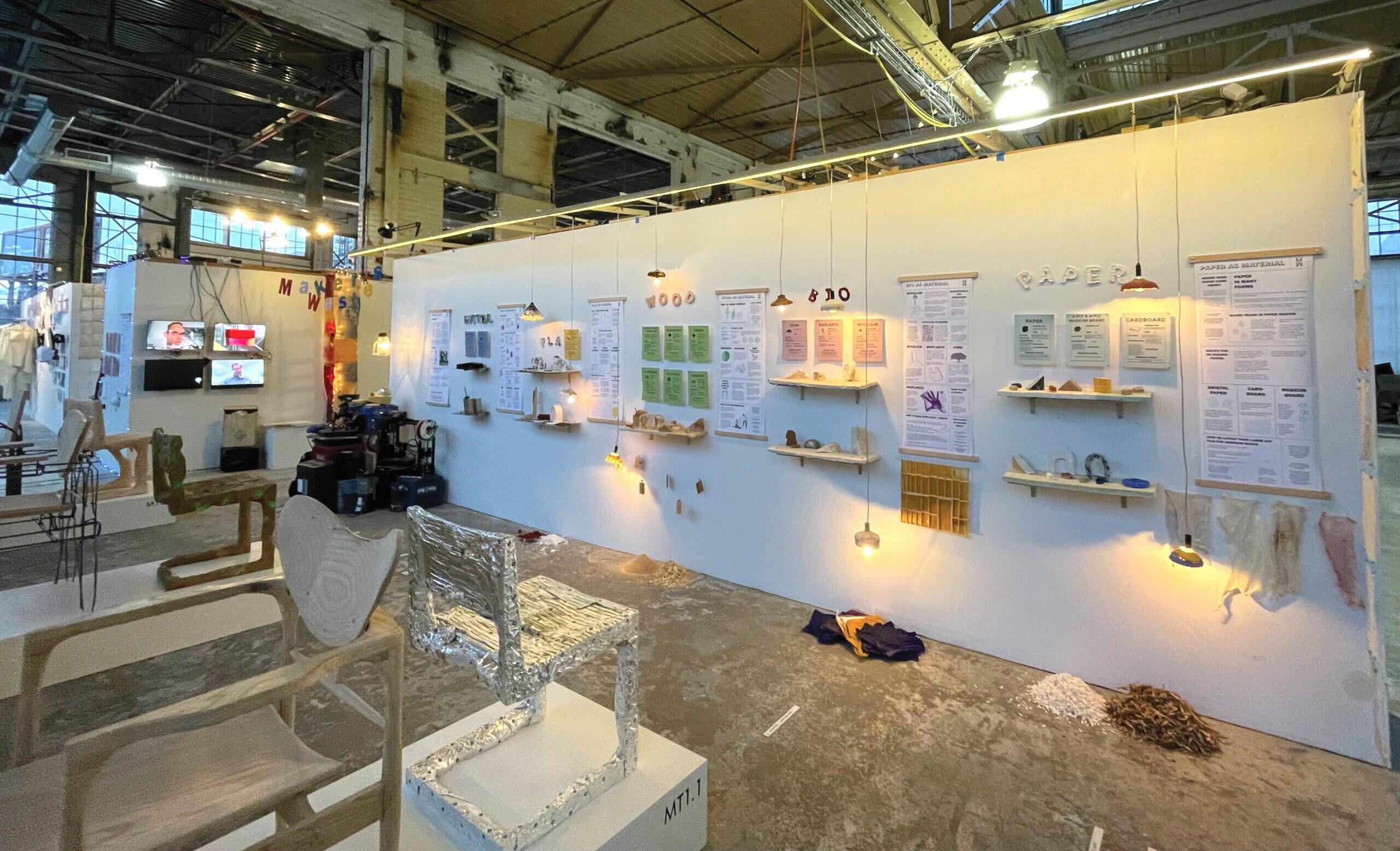The U-M Humanities Collaboratory has awarded a two-year grant to a collaborative research team, which includes Taubman College faculty Claire Zimmerman and Robert Goodspeed, to document histories of racial segregation in Ypsilanti and Ann Arbor, Michigan. Housed within the College of Literature, Science, and the Arts, the Humanities Collaboratory provides resources for U-M scholars to engage with collaborative approaches to their research and communication with the broader public through ambitious and transformational humanities scholarship.
The project, “Black Washtenaw County: Histories of Racial Segregation and Inequality and African-American Community Formation in Ypsilanti and Ann Arbor,” is a community-engaged research project on the role of policy, politics, the built environment, and community organizing in response to residential segregation. The research team will supplement the work of community historians to study how African-American communities within U-M’s home county responded to and were impacted by persistent racial segregation.
Histories of residential segregation on the basis of race have lasting impacts on community well-being and equality. To highlight these impacts in Washtenaw County, the project will also document economic, status, education, housing, and health disparities that have been exacerbated by racial segregation in Ypsilanti and Ann Arbor.
Zimmerman, an associate professor of architectural history and theory, is a co-principal investigator on the research team. She is interested in the intersections of class, race, and ethnicity in industrial architecture. Zimmerman holds joint appointments in Taubman College and the College of Literature, Science, and the Arts.
Goodspeed, an associate professor of urban planning, is known for his work investigating connections between digital technologies and collaborative planning, to explore how technology can be used for humanistic and emancipatory planning practices. Goodspeed is also currently leading research on Ann Arbor’s historic use of racially restrictive covenants against African-Americans.
The co-principal investigator is Jennifer Jones, an assistant professor of history and women’s and gender studies. The cross-disciplinary research team also includes Matthew Countryman, an associate professor of Afroamerican and African studies and history; Michael Steinberg, a professor of practice in the U-M Law School; and Stephen Ward, an associate professor of Afroamerican and African studies and the Residential College. The team also includes the following community partners: Joyce Hunter, president, African American Cultural and History Museum of Washtenaw County (AACHM); Jessica Letaw, founder, Builder Matter Ann Arbor and outgoing chair, Ann Arbor Downtown Development Authority; Yodit Mesfin Johnson, president and CEO, NEW Center and founder, Black Men Read; Anthony Stewart, social studies and African-American humanities teacher, Ann Arbor Huron High School and board member, AACHM; and Bev Willis, administrator, Washtenaw County Historical Society and board member, AACHM.
Learn more about the U-M Humanities Collaboratory and their project grants here.





